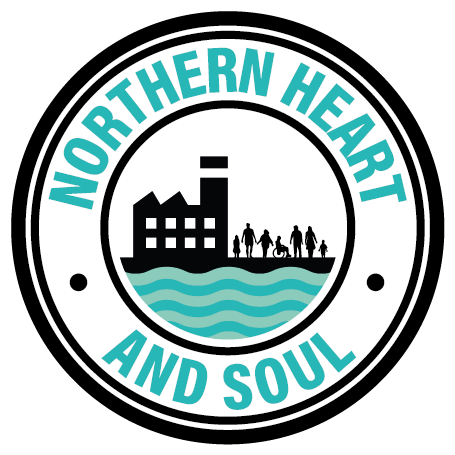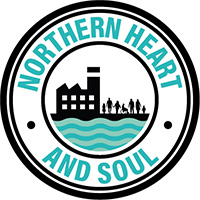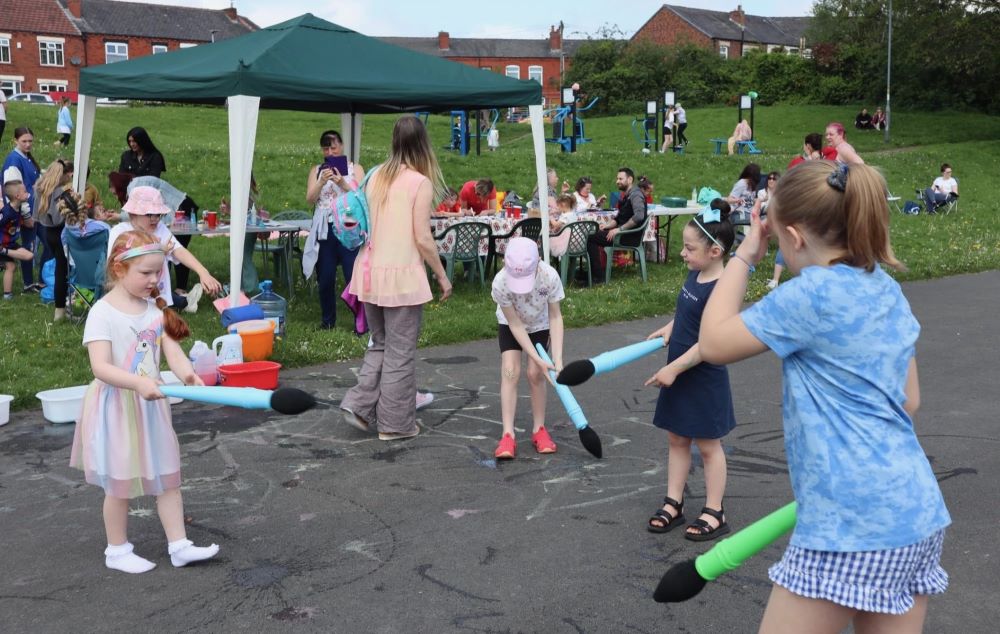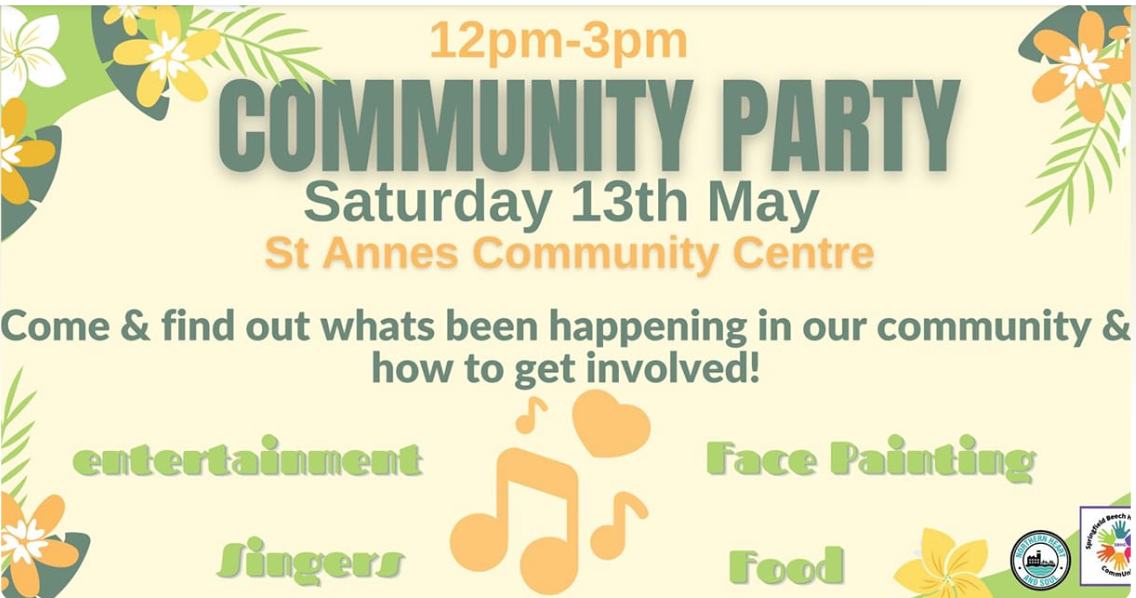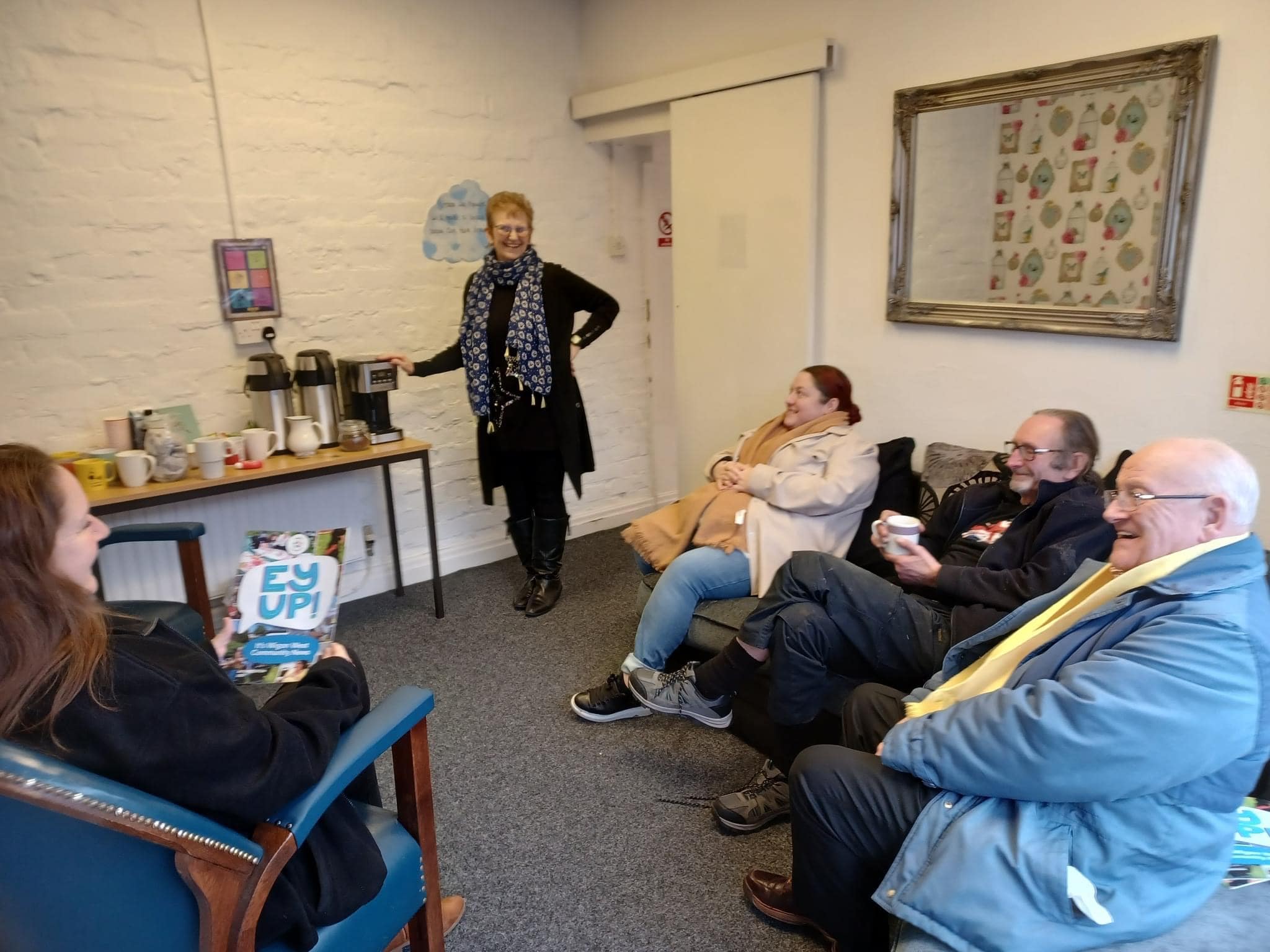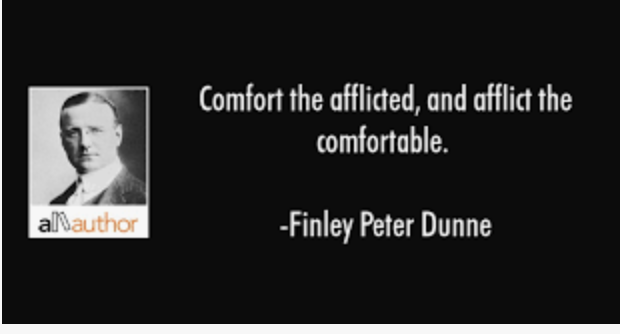
Comfort the Afflicted
Comfort the Afflicted, Afflict the Comfortable ?
A phrase penned by American humorist & writer Finley Peter Dunne, some hundred years ago, when writing about how newspapers should impact society. I came across it on a generative journalism workshop & it struck a cord.
I thought about it in the context of how figures & statistics are massaged in order to protect the reputation of an institution – comforting the comfortable. I thought about it in many contexts & how harmful & toxic systems can traumatise & hurt the afflicted on a daily basis. It’s pretty easy for workers to say, they didn’t engage when really they didn’t put any effort into the engagement process; or to mask the not in education, training or employment figures. I often see poor performance in areas explained away or justified, pointing the finger at the afflicted. Nothing to do with the comfortable over here.
It made me consider the way we work with large institutions when exploring power shifts & different ways of working. Its often on my mind as once you see the harm caused in plain sight, you cant unsee it. You can pretend you can if you have no other choice, but it makes you sick, drains the life force.
I’m lucky enough to be able to talk with people from all over the globe & a few weeks back I was chatting to a UK based organisation that is viewed as a safe pair of hands by what’s seen as the most powerful local institution-the one with the convening powers & party invitations. As usual we were chatting about power & shifting some.
Their approach is to work with large institutions by letting the institution think everything is their idea. ‘Just let them think they thought of it.’ A kind of ‘being alongside’ you could say. That reverse psychology you do when you want or don’t want a toddler to do something. There was a knot in my stomach though, as a listened. I couldn’t help wondering if not asking difficult questions is what earns the title of ‘a safe pair of hands’. And wondering too, who decided it’s a safe pair of hands that’s required?
How would you define a safe pair hands?
And, is this the path to liberation?
Will this practice dismantle or reinforce colonial practices?
Is it really code for – I lack courage to be honest; I don’t feel supported enough to be honest; I’m protecting self interests; I know I will be gaslit & cast out as I’ve seen it happen to others; it’s the way I’m dealing with helplessness? Maybe something else?
I mean, I can see this ‘influencing’ approach work as part of a wider strategy, but not on its own. What do you think?
It feels a bit neo liberal trickle down to me.
Next time I have a chat, I think I’m going to ask for some stories of how this approach has led to shifts. It might help me answer the questions that I have.
Is this the way that we should work with large institutions?
Hope for small wins. Let them think they came up with the idea?
Do we risk propping up the status quo?
As it is, I’m not sure.
